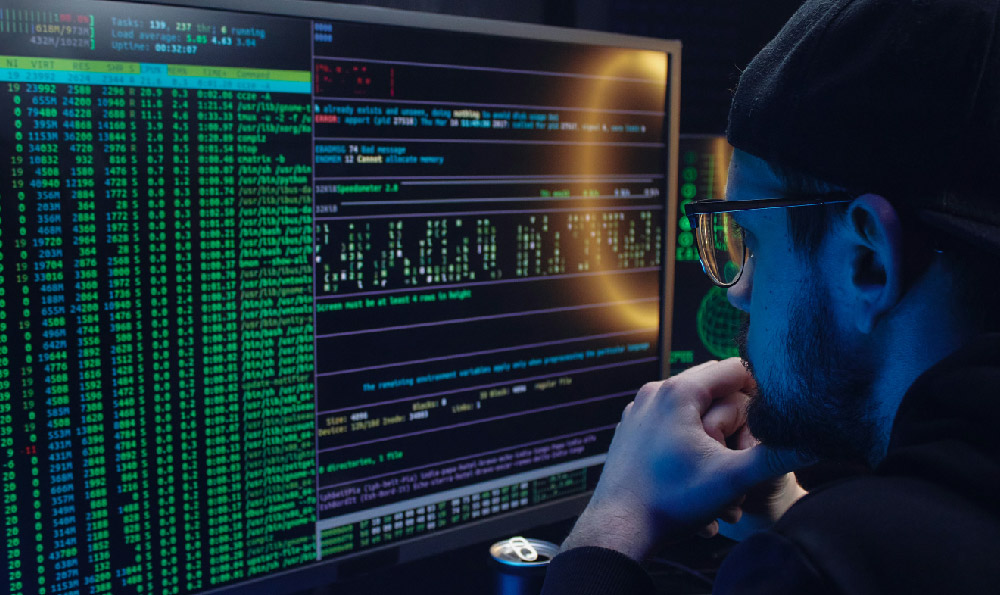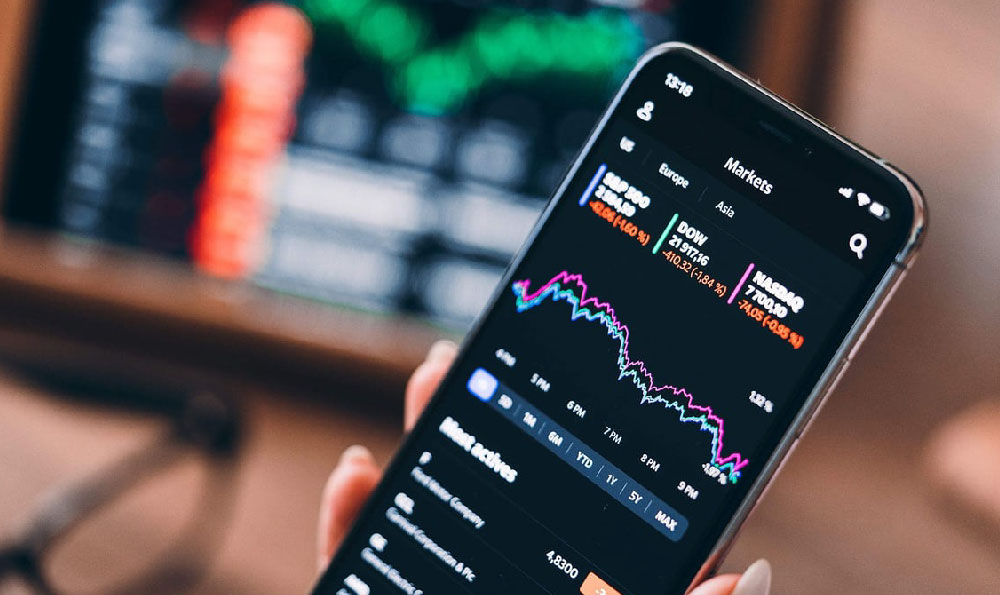Currency trading, often referred to as forex (foreign exchange) trading, is the decentralized global marketplace where currencies are traded. It's the largest, most liquid financial market in the world, with trillions of dollars changing hands daily. Understanding what it is and how to approach it strategically is crucial for anyone considering entering this dynamic arena.
At its core, currency trading involves simultaneously buying one currency and selling another. Currencies are always traded in pairs, reflecting the relative value between the two. For example, the EUR/USD pair represents the exchange rate between the Euro and the US dollar. When you trade this pair, you are essentially speculating on whether the Euro will appreciate or depreciate against the US dollar. If you believe the Euro will strengthen, you would "buy" the EUR/USD pair, hoping to sell it later at a higher price. Conversely, if you anticipate the Euro weakening, you would "sell" the EUR/USD pair, aiming to buy it back later at a lower price.
The forex market operates 24 hours a day, five days a week, spanning across different time zones and major financial centers like London, New York, Tokyo, and Sydney. This continuous operation allows traders to react to global events and economic news as they unfold, creating both opportunities and challenges. The decentralized nature of the market means that there is no central exchange, instead, transactions are conducted electronically over-the-counter (OTC) through a network of banks, financial institutions, and individual traders.

Several factors influence currency values, making forex trading a complex but potentially rewarding endeavor. These factors include economic indicators such as inflation rates, GDP growth, unemployment figures, and interest rate decisions by central banks. Geopolitical events, like elections, political instability, and trade wars, can also significantly impact currency values. Sentiment analysis, which gauges market participants' overall attitude towards a particular currency, also plays a role. Understanding these factors and how they interact is paramount to making informed trading decisions.
Investing in the forex market requires careful planning and a strategic approach. It's not a "get-rich-quick" scheme and carries significant risks. Before diving in, consider these key steps:
Education and Research: Knowledge is your first line of defense. Dedicate time to understanding the fundamentals of forex trading, including currency pairs, economic indicators, technical analysis, and risk management. Numerous online resources, courses, and books can provide a solid foundation.
Choosing a Broker: Selecting a reputable and regulated broker is crucial. Look for brokers that are licensed by reputable regulatory bodies like the Financial Conduct Authority (FCA) in the UK, the Securities and Exchange Commission (SEC) or the Commodity Futures Trading Commission (CFTC) in the US, or the Australian Securities and Investments Commission (ASIC) in Australia. A regulated broker ensures that your funds are protected and that the broker adheres to certain ethical and financial standards. Compare different brokers based on factors such as trading platform, spreads (the difference between the buying and selling price), commissions, leverage offered, and customer support.
Developing a Trading Plan: A well-defined trading plan is essential for success. This plan should outline your trading goals, risk tolerance, trading strategy, and money management rules. Determine which currency pairs you will focus on, the timeframe you will trade on (e.g., short-term, long-term), and the specific technical indicators or fundamental analysis techniques you will use to identify trading opportunities.
Understanding Leverage: Forex trading often involves leverage, which allows you to control a larger position with a smaller amount of capital. While leverage can amplify profits, it can also magnify losses. Use leverage cautiously and understand the risks involved. A general rule of thumb is to start with low leverage until you gain more experience and confidence.
Practicing with a Demo Account: Most brokers offer demo accounts that allow you to practice trading with virtual money. This is an excellent way to test your trading strategies, get familiar with the trading platform, and develop your skills without risking real capital. Treat the demo account as if it were a real account and take your trades seriously.
Implementing Risk Management: Risk management is the cornerstone of successful forex trading. Always use stop-loss orders to limit potential losses and take-profit orders to secure profits. Determine the maximum amount of capital you are willing to risk on each trade and stick to that limit. Avoid risking more than 1-2% of your trading capital on any single trade. Diversification can also help to mitigate risk, but in the forex market, this is generally achieved through trading different currency pairs that are not highly correlated.
Staying Disciplined and Patient: Forex trading requires discipline and patience. Avoid impulsive trading decisions based on emotions. Stick to your trading plan and don't be tempted to chase losses or overtrade. Remember that not every trade will be profitable, and it's important to stay calm and focused even during losing streaks.
Staying Informed: Keep abreast of global economic news, political events, and market trends. Follow reputable financial news sources and analysts to stay informed about factors that could impact currency values.
Continuous Learning and Adaptation: The forex market is constantly evolving, so it's important to continuously learn and adapt your trading strategies. Analyze your past trades, identify your strengths and weaknesses, and make adjustments to your trading plan as needed.
Forex trading is a challenging but potentially rewarding endeavor that requires education, discipline, and a strategic approach. By understanding the fundamentals of the market, developing a solid trading plan, managing risk effectively, and continuously learning, you can increase your chances of success in the world of currency trading. Remember that there are no guarantees of profit, and it's important to be prepared for losses. Start small, stay informed, and trade responsibly.












